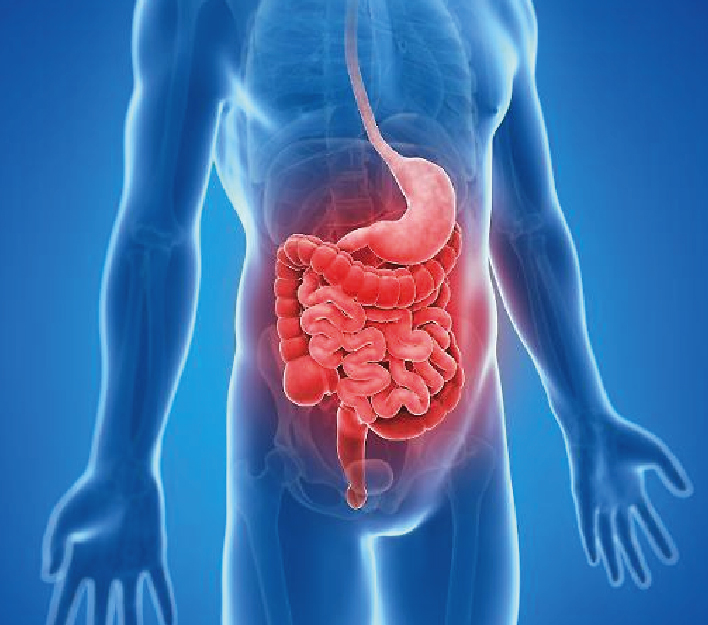Intestinal Microbiota Test and specialist consultation
274,50 €
The intestinal microbiota – also known as bacterial flora – is a real organ, formed by the set of symbiotic microorganisms (bacteria, fungi, viruses and protists) that allocate in the gastrointestinal tract. In it resides 80% of our immune system, can get to weigh almost 1.5 kg and has a unique composition in each individual.
The task of a healthy microbiota is to preserve physiological and metabolic wellbeing, contributing to proper digestion, the success of nutritional and pharmacological therapies and avoiding the onset of obesity, type II diabetes, metabolic syndrome, inflammatory bowel disease, diverticula , colorectal cancer, rheumatoid arthritis and allergies.
The central nervous system and the human intestinal tract communicate through the gut-brain axis. Such communication is bi-directional and involves neuronal, endocrine, and immunological mechanisms.
There is mounting data that intestinal microbiota is the source of a number of neuroactive and immunocompetent substances, which shape the structure and function of brain regions involved in the Alterations of gut microbiota have been associated with mood and depressive disorders.
Mental health is frequently affected in GI and non-GI diseases. Deregulation of the gut brain axis may constitute a grip point for the development of diagnostic tools and personalized microbiota-based therapy control of emotions, cognition, and physical activity.
Moreover, intestinal microbiota might be able to provide a measureable, effective marker of an athlete’s immune function and that microbial composition analysis might also be sensitive enough to detect exercise-induced stress and metabolic disorders. In this respect, intestial microbiota may have a key role in controlling the oxidative stress and inflammatory responses as well as improving metabolism and energy expenditure during intense exercise.
The intestinal microbiota is a preventive test recommended to all, in particular for:
Manifestation of minor or medium-sized disorders of the apparatus:
Uro-genital (vaginitis, cystitis, urethritis, candidiasis)
Gastrointestinal (recurrent diarrhea, constipation, flatulence, difficulty in digesting, irritable bowel syndrome, diverticulitis, episodic colitis)
Situations of overweight or obesity
Pregnancy or breastfeeding, as the mother’s microbiota determines that of the child
At crucial stages of life (such as childhood, menopause and aging)
Subjects who practice agonistic and non-agonistic sports





